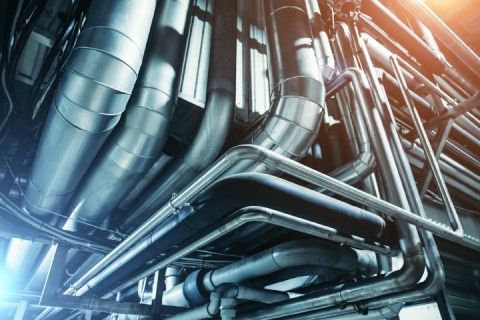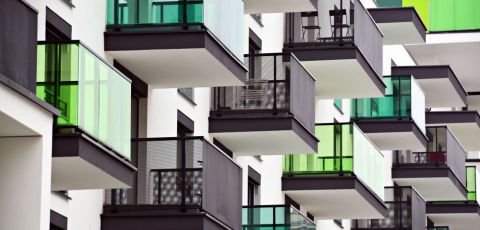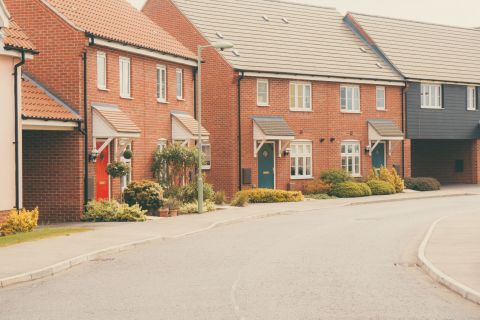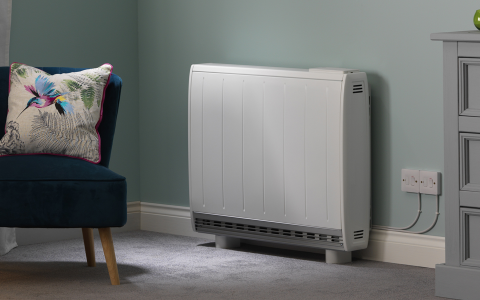Support You Can Trust
Our customer-focused Help Centre is here to help you with expert product information and connect you to our certified partners.
Download manuals and troubleshooting guides for your products and gain insights on what to consider when choosing for your home.
Download manuals and troubleshooting guides for your products and gain insights on what to consider when choosing for your home. h1
Dimplex Help Centre
Our online help centre is home to the most useful information including quick guides, FAQs, and product information. Knowledge articles cover each product category guiding you through troubleshooting and care instructions.
Online process to manage guarantee periods for all Dimplex products
Whether you’re working on a new build, refurbishment, or commercial project, Dimplex is committed to supporting you each step of the way and being your reliable partner. We are here to provide the support and guidance you need to make every installation a success.
installer hubWith over 70 years of trading experience and a dedication to innovation and sustainability, Dimplex continues to provide award winning services across multiple sectors to their customers.
why choose dimplex?
Which heating and cooling emitters can I use with a heat pump?
Any hydronic heating and cooling emitter such as fan coils, radiators or trench heating, could be used with a heat pump.
There are a number of factors, however, which will ultimately impact the final specification. These include thermal requirements, such as whether the building needs heating only or heating and cooling, control requirements and design preferences, such as whether to have the emitter recessed or on view.

Kaluza, EDF and Dimplex Join Forces to Cut Carbon through Smart Heating in the UK
London – Wednesday, 11th March 2020 – Kaluza, OVO Group’s intelligent energy platform, and EDF announced today that they are trialing an innovative solution to the UK’s heating challenge in the transition to a zero carbon grid. Over 100 internet-connected storage heaters from Glen Dimplex Heating and Ventiltion (GDHV) are being intelligently controlled by Kaluza, helping to warm homes with electricity that is less costly and carbon intensive.

Preparing HVAC specification for Option 1 and Option 2
For the 2020 update to Part L of the Building Regulations, Government decided to ask industry how challenging they wanted the uplift in energy efficiency standards to be. They did this by offering two options during the recently closed consultation. Both will impact HVAC specification – but how do you prepare for either one becoming law?











